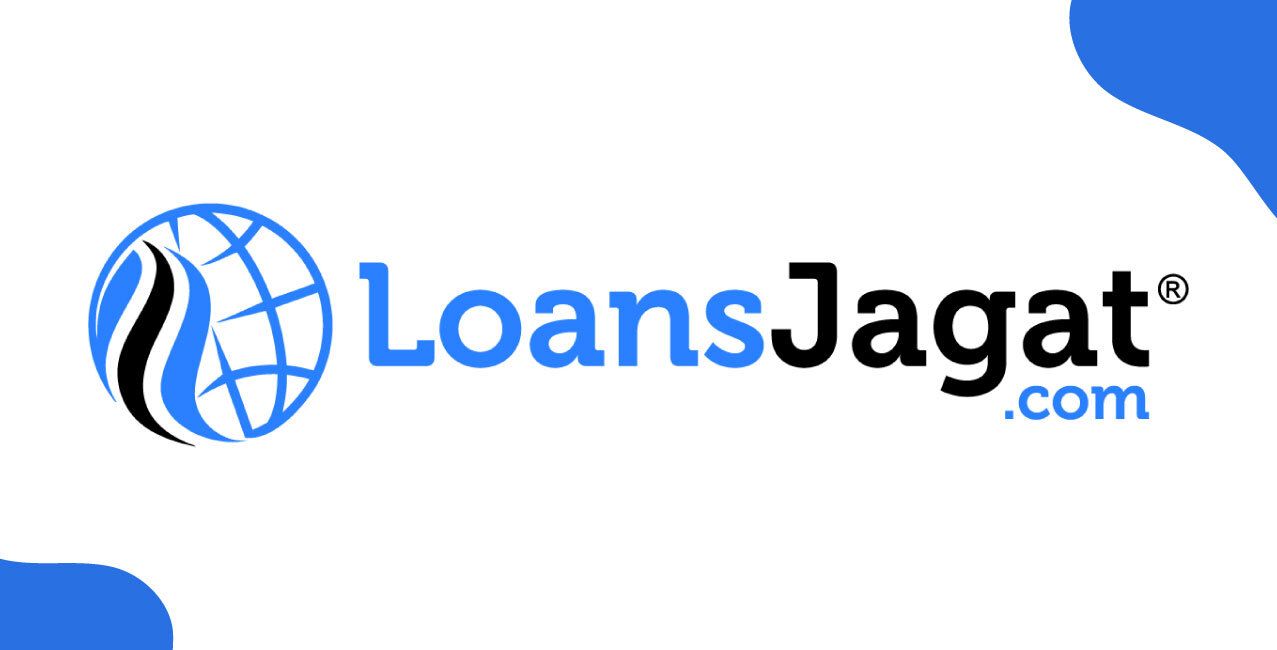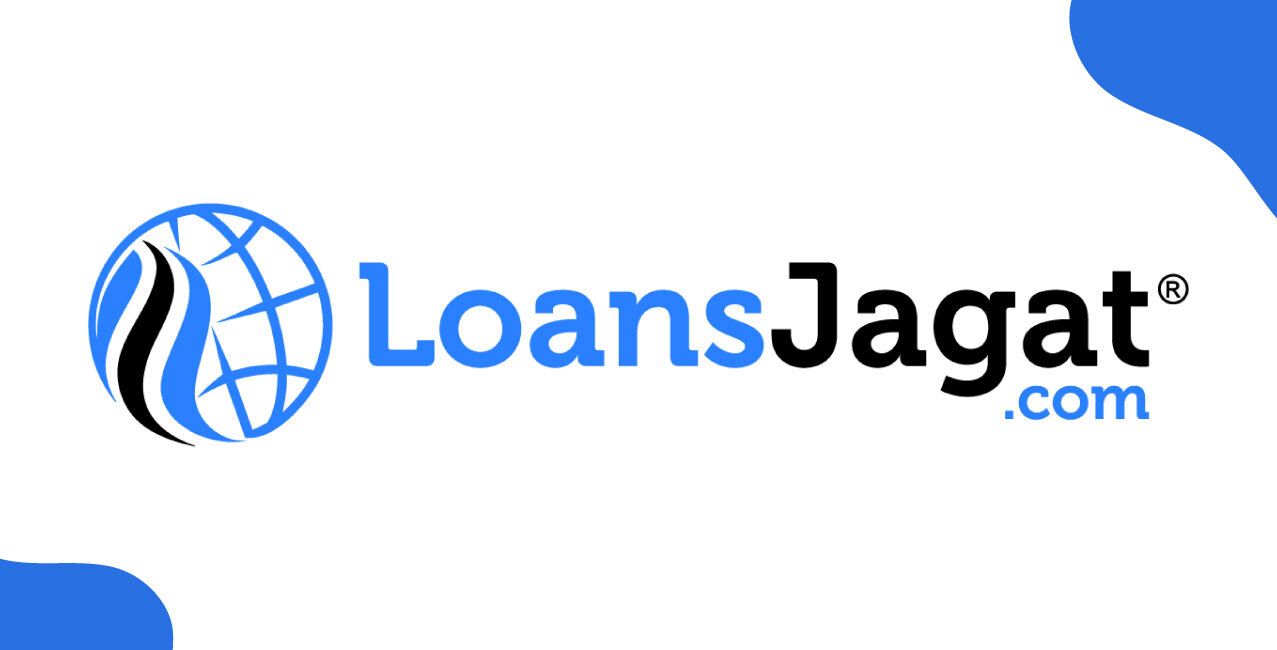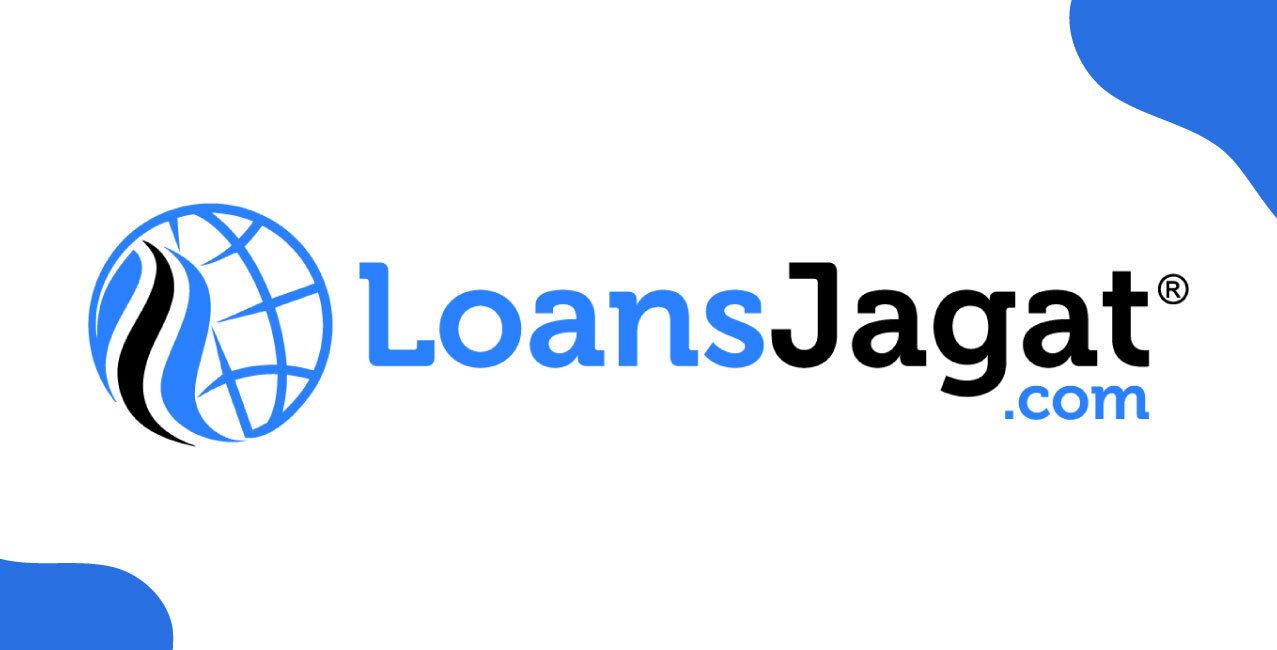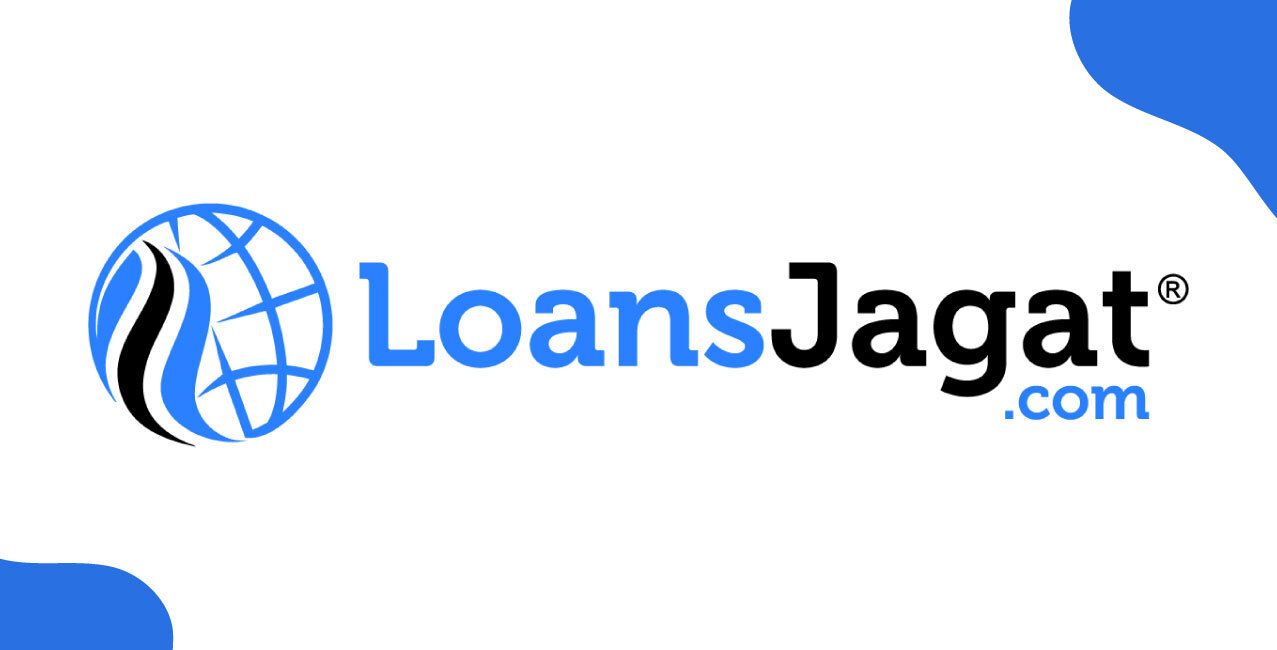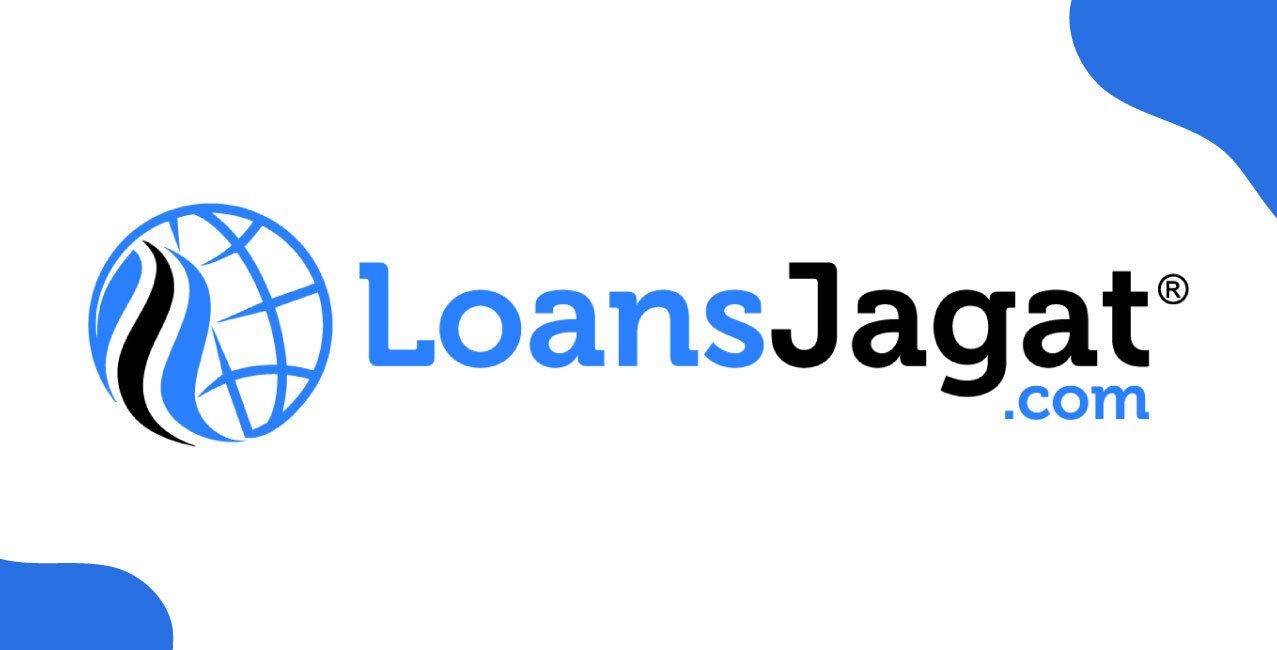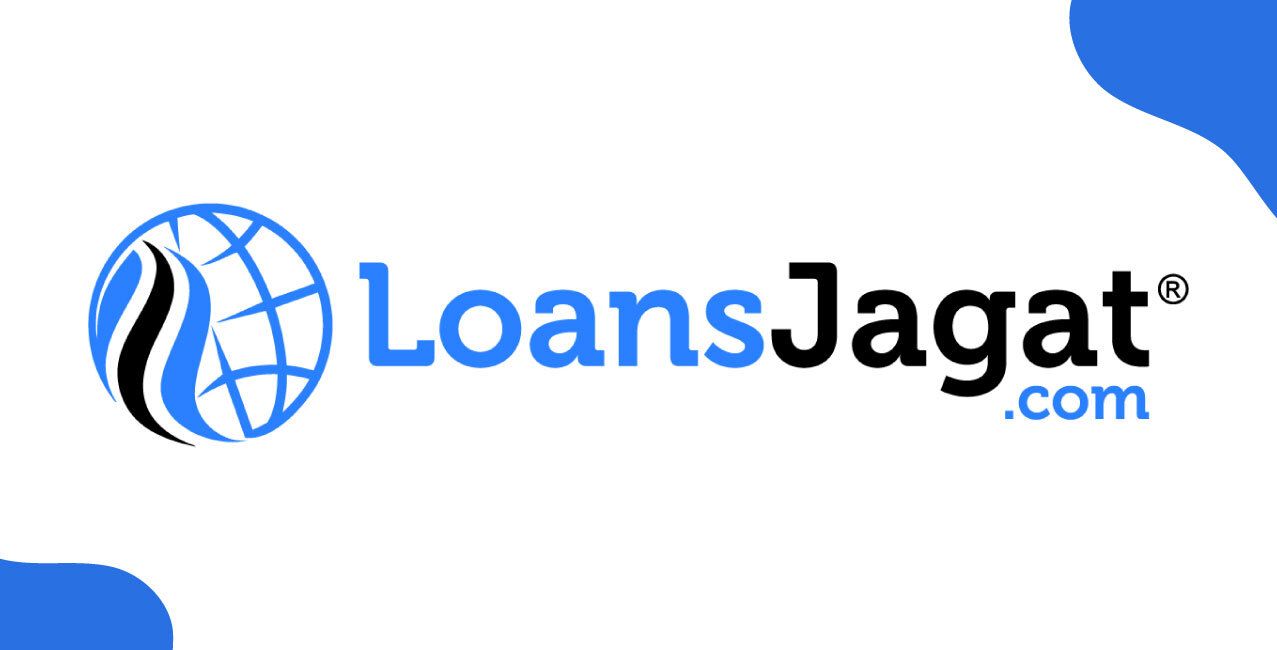How to Choose the Best Business Loan for Your Industry in 2025?

Check Your Loan Eligibility Now
By continuing, you agree to LoansJagat's Credit Report Terms of Use, Terms and Conditions, Privacy Policy, and authorize contact via Call, SMS, Email, or WhatsApp
In 2025, selecting the right business loan based on your industry's unique needs is essential for sustainable growth.
Consider the case of Ramesh, a textile manufacturer from Surat, who sought to expand his operations.
He faced many loan options with varying terms and conditions, making the decision-making process hard. This scenario is common among Indian entrepreneurs, where the average loan size for microfinance institutions has grown to ₹53,350 as of December 2024. This reflects the financing needs of businesses across sectors.
Business loans in India typically range from ₹5 lakh to ₹2 crore, with tenures spanning 2 to 6 years. Depending on the lender and the borrower's credit profile, interest rates vary between 14.99% and 26%.
Lenders often require a minimum annual turnover of ₹50 lakh and a CIBIL score of 700 or above. Processing fees usually range from 2% to 4% of the loan amount.
Keep reading to discover how business owners can align loan offerings with their industry requirements.
Understand Your Industry’s Financing Needs
Every business is different. A manufacturing unit may need money to buy machines, a retailer may need funds to stock goods, and a service-based business may need money to manage cash flow.
First, list down why you need the loan.
Example:
- A restaurant owner needs ₹10 lakh to renovate and buy new kitchen equipment.
- A textile factory needs ₹1 crore to buy raw materials and machinery.
- A software company needs ₹50 lakh to hire more employees and expand operations.
Knowing the purpose helps in selecting the right loan.
Compare Different Types of Business Loans
There are many types of business loans. Each loan has different terms and benefits. Here are some common loan types:
- Given for a fixed time (2–6 years).
- Used for expansion, buying assets, or big investments.
- Requires a good credit score (700+).
Working Capital Loans
- Short-term loans to manage daily business expenses.
- Useful for seasonal businesses.
- Loan amount is smaller, usually under ₹50 lakh.
Machinery Loans
- Used to buy or upgrade equipment.
- Repayment is linked to the life of the machinery.
- Higher loan amount (₹10 lakh - 2 crore).
Invoice Financing
- Businesses use unpaid invoices as security for a loan.
- Helps in managing cash flow when clients delay payments.
Government Business Loans
- Mudra Loan, CGTMSE, and SIDBI Loan offer lower interest rates.
- Suitable for startups and MSMEs.
Comparison of Loan Options
Loan Type | Loan Amount | Interest Rate | Tenure | Best For |
Term Loan | ₹5 lakh - 2 Cr | 14.99% - 26% | 2 - 6 years | Expansion, asset purchase |
Working Capital | ₹2 lakh - 50L | 15% - 24% | 1 - 3 years | Managing daily operations |
Machinery Loan | ₹10 lakh - 2 Cr | 15% - 25% | 3 - 6 years | Buying equipment/machinery |
Invoice Financing | Up to 80% of Invoice | 16% - 24% | 3–12 months | Managing cash flow |
Check Eligibility Criteria
Lenders have different requirements. Check these before applying:
- Annual Turnover: Most lenders ask for ₹50 lakh minimum.
- CIBIL Score: You need a score of 700+ for better interest rates.
- Loan Tenure: Choose a repayment period based on your cash flow.
- Processing Fee: Usually 2%-4% of the loan amount.
- Collateral: Some loans need property or assets as security.
Compare Interest Rates and Fees
The interest rate is one of the most important factors to consider when taking a business loan. Interest rates typically range from 14.99% to 26%, depending on the lender and your creditworthiness. A lower interest rate means lower EMIs and less money paid over time.
However, interest rates are not the only cost to check. Lenders may charge hidden fees that can make the loan expensive.
Some of these fees include:
- Processing Fees: Usually 2% to 4% of the loan amount; this is deducted before disbursal.
- Prepayment Charges: Some lenders charge a fee if you decide to repay the loan before the tenure ends.
- Late Payment Penalty: If you miss an EMI, you may have to pay a penalty, which can increase the total loan cost.
Before choosing a loan, always check the total cost, not just the interest rate. Read the terms carefully to avoid surprises later.
Consider Loan Repayment Terms
Loan repayment terms affect both monthly payments (EMIs) and total interest paid. A longer tenure reduces EMIs but increases total interest paid. A shorter tenure means higher EMIs but saves money in the long run.
For example, a 3-year loan tenure has higher monthly payments but lower total interest. A 5-year loan tenure has lower EMIs but higher overall interest costs. Choosing the right tenure depends on your business's cash flow.
If your business has a stable income, a shorter tenure helps you save money. If cash flow is uncertain, a longer tenure reduces the EMI burden.
Always check a loan amortisation schedule before deciding. This helps you understand how much you will pay in principal and interest over time. Some lenders also offer flexible repayment options, allowing you to adjust your tenure.
Choose a Trusted Lender
A business loan is a long-term commitment, so choosing a reliable lender is crucial. Different options include banks, NBFCs (Non-Banking Financial Companies), and fintech lenders. Each has different interest rates, processing times, and customer service quality.
To select the best lender, check the following:
Customer Reviews: Read online reviews on Google, social media, and financial forums. A lender with good feedback is more likely to offer a smooth experience.
Hidden Charges: Carefully read the loan agreement. Some lenders add processing fees, prepayment penalties, or late fees, which increase costs.
Loan Disbursal Speed: Some lenders process loans within 48 hours, while others take weeks. If you need urgent funds, choose a lender with a fast approval process.
Evaluate Interest Rates and Repayment Terms
Interest rates affect how much you repay. A lower rate means lower EMI. Repayment terms decide how long you will be paying back the loan.
Example:
Let’s compare two loan amounts with different interest rates:
Loan Amount | Interest Rate | Tenure | EMI (Approx) |
₹10 lakh | 15% | 4 years | ₹27,933 |
₹50 lakh | 18% | 5 years | ₹1,27,444 |
A longer tenure reduces EMI but increases total interest paid. Choose wisely.
Understand Secured vs. Unsecured Loan Options
Loans are of two types: secured and unsecured. Choosing the right one depends on your business situation.
Secured Loans
- Need collateral like property, equipment, or stock.
- Lower interest rates (15%-18%).
- Higher loan amounts approved.
- Suitable for businesses with assets.
Unsecured Loans
- No collateral is needed.
- Higher interest rates (18%-26%).
- Faster approval.
Best for small businesses and startups.
Feature | Secured Loan | Unsecured Loan |
Collateral | Required | Not Required |
Interest Rate | Lower (15%-18%) | Higher (18%-26%) |
Loan Amount | Higher (₹10 lakh - ₹2 crore) | Lower (₹5 lakh - ₹50 lakh) |
Approval Time | Slower | Faster |
Example:
Priya runs a bakery in Chennai. She needs ₹15 lakh to expand. She doesn’t want to risk her property, so she chooses an unsecured loan. She pays 19% interest for 4 years.
On the other hand, Manoj owns a manufacturing unit. He needs ₹80 lakh. He provides his factory as collateral and gets a secured loan at 16% interest.
Consider Government and Industry-Specific Loan Schemes
Getting the right loan for your business is essential. Many people do not check special loan schemes offered by the government and industry groups. These loans often have lower interest rates and more straightforward repayment terms.
For example, Rajesh owns a small manufacturing unit in Mumbai. He needed ₹50 lakh to buy new machines. Instead of taking a high-interest private loan, he applied for the Credit Linked Capital Subsidy Scheme (CLCSS).
This government scheme helped him get a lower interest rate and a subsidy on his loan, reducing his financial burden.
Some common government and industry-specific loan schemes:
- Mudra Loan: For micro and small businesses (loan up to ₹10 lakh)
- CGTMSE Loan: No collateral loan for small businesses (loan up to ₹2 crore)
- PSB Loans in 59 Minutes: Fast loan approval (loan up to ₹5 crore)
Checking these schemes can help save money and get better loan terms.
Analyse Loan Processing Time and Documentation Requirements
Loan processing time and documents can be different for each lender. Banks usually take 10–15 days to approve a loan. NBFCs (Non-Banking Financial Companies) approve loans faster, sometimes within 3-5 days.
Example:
Seema runs a trading business in Bangalore. She needed ₹25 lakh quickly to buy bulk stock at a discount. A bank loan would take 15 days, but an NBFC gave her the loan in 4 days. Even though the interest was slightly higher, she profited from her stock purchase.
Here is a comparison of bank and NBFC loans:
Factor | Banks | NBFCs |
Processing Time | 10-15 days | 3-5 days |
Interest Rate | 14%-20% | 18%-26% |
Documentation | High | Moderate |
Loan Approval | Stricter | Easier |
To get a loan quickly, keep the following documents ready:
- Business registration proof
- GST returns for the last 1-2 years
- Bank statements for 6-12 months
- PAN and Aadhaar of business owner
Income tax returns (ITR) for 2-3 years
Having these documents ready can speed up the loan approval process.
Factor in Your Business Credit Score and Financial Health
Your credit score and financial health decide if you get a loan and at what interest rate. A good credit score (700+) gives you lower interest rates and better terms.
Example:
Amit needed ₹1 crore to expand his restaurant chain. His credit score was 720, and his business had an annual turnover of ₹1.2 crore. The bank offered him a loan at 15% interest. His friend Ravi also needed a loan but had a credit score of 650.
The bank rejected his application, and NBFCs offered him a loan at 24% interest. A good credit score saved Amit lakhs in interest.
How to maintain a good credit score?
- Pay EMIs and credit card bills on time
- Keep your credit utilisation below 50%
- Avoid multiple loan applications in a short period
- Check your credit report regularly for errors
Financial health also matters. Lenders check if your business is profitable and stable. Banks may not approve your loan if your annual turnover is below ₹50 lakh. Ensure proper cash flow and healthy profits to increase loan approval chances.
Example of a Business Loan Offer (Average Data)
Loan Amount | ₹5 lakh - ₹2 crore |
Tenure | 2 - 6 years |
Interest Rate | 14.99% - 26% |
Processing Fees | 2% - 4% |
Minimum Turnover | ₹50 lakh |
CIBIL Score | 700+ |
Before taking a loan, compare different lenders, check government schemes, and improve your credit score. This will help you get the best loan with the minimum cost. Planning well today will help your business grow without financial stress.
Conclusion
Choosing the best business loan for your industry in 2025 requires careful planning and comparison. The right loan can provide the necessary financial support for growth while ensuring manageable repayment terms.
Before deciding, consider factors like loan type, interest rates, eligibility criteria, repayment tenure, and lender reputation. Explore government loan schemes and secured vs. unsecured loan options to minimise costs.
With proper research and financial planning, business owners can avoid hidden fees, reduce financial risks, and focus on long-term success.
FAQs
How do I choose the right business loan for my industry?
Identify your needs—expansion, working capital, or equipment. Compare loan types, interest rates, and repayment terms before applying.
What is the minimum credit score needed for a business loan?
Most lenders require a CIBIL score of 700 or above for lower interest rates. A lower score may lead to higher interest or loan rejection.
Are government business loan schemes better than private loans?
Government schemes like Mudra and CGTMSE offer lower interest rates and easier approval, making them a good option for small businesses.
How can I get a business loan quickly?
Choose an NBFC or online lender for faster approval (3-5 days). Keep documents like GST returns, bank statements, and business proof ready.
Other Business Loan Pages | ||
About the author

LoansJagat Team
Contributor‘Simplify Finance for Everyone.’ This is the common goal of our team, as we try to explain any topic with relatable examples. From personal to business finance, managing EMIs to becoming debt-free, we do extensive research on each and every parameter, so you don’t have to. Scroll up and have a look at what 15+ years of experience in the BFSI sector looks like.
Subscribe Now
Related Blog Post
Recent Blogs
Contents
Quick Apply Loan
Consolidate your debts into one easy EMI.
Takes less than 2 minutes. No paperwork.
10 Lakhs+
Trusted Customers
2000 Cr+
Loans Disbursed
4.7/5
Google Reviews
20+
Banks & NBFCs Offers
Other services mentioned in this article



